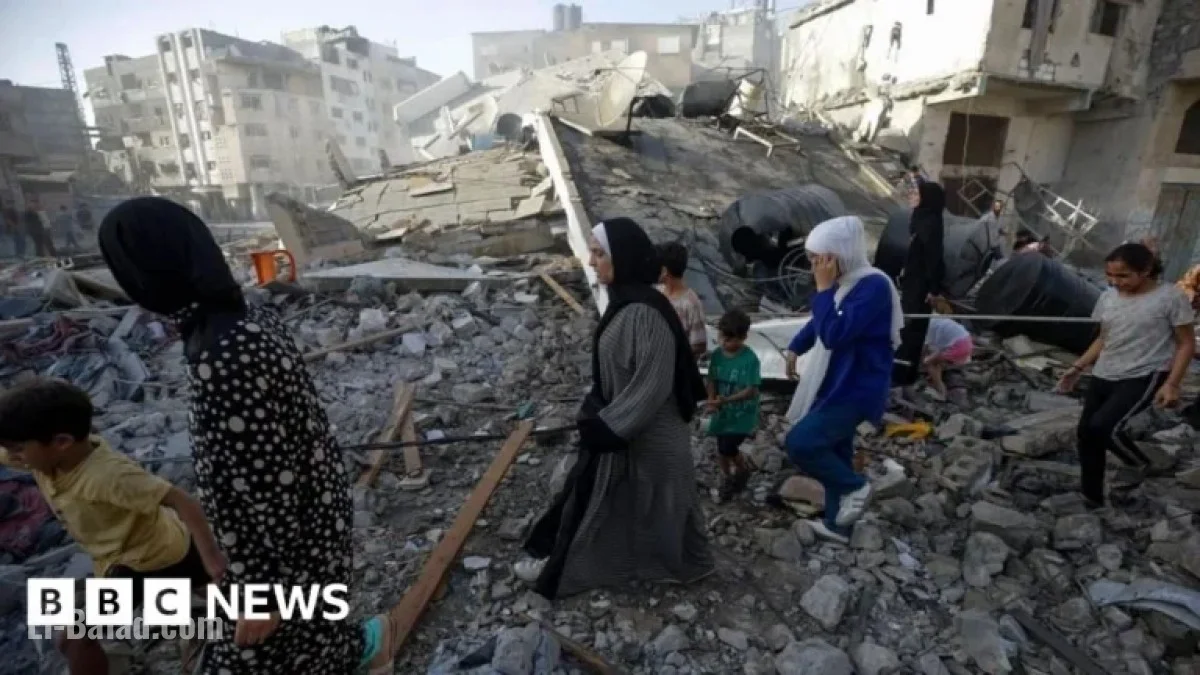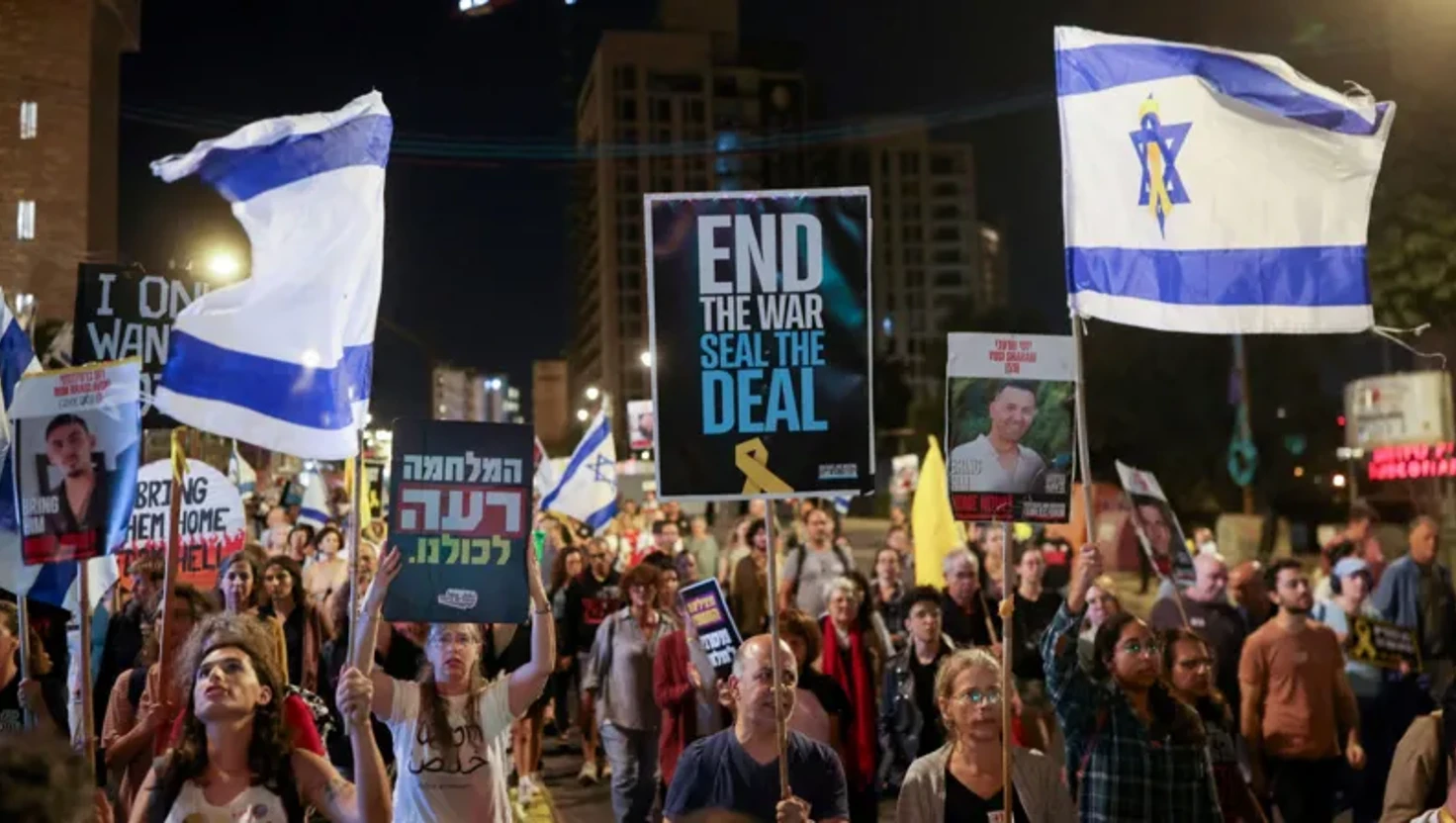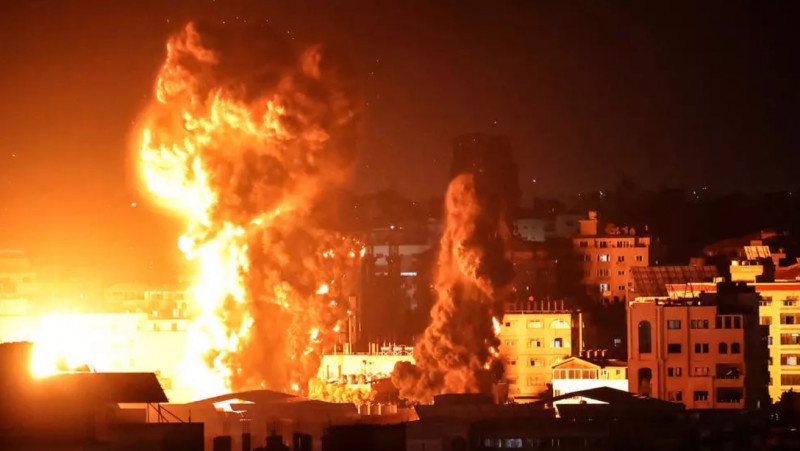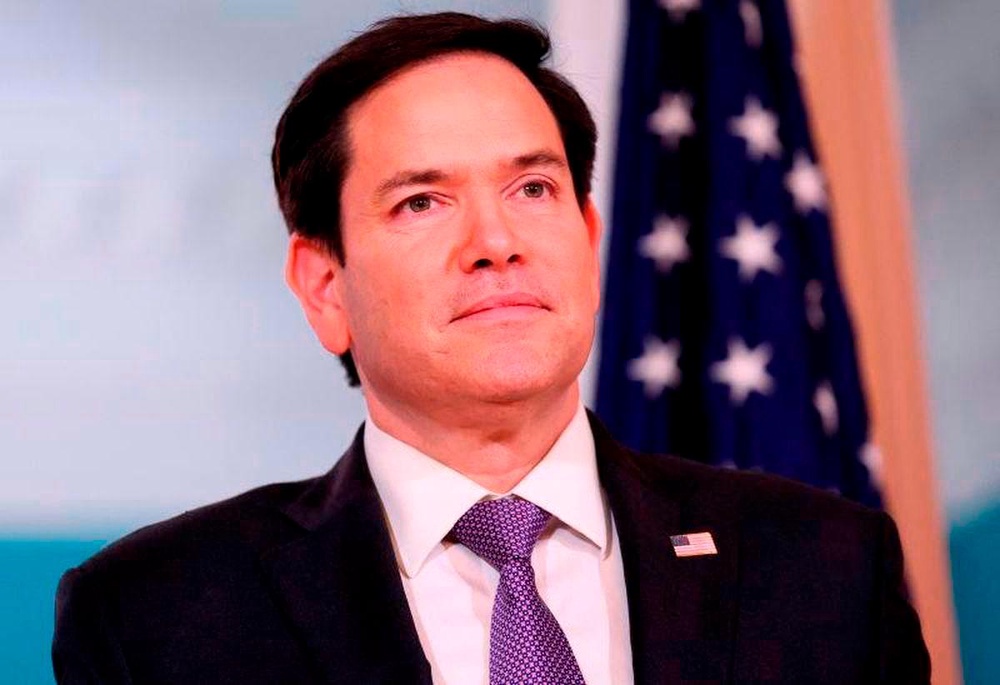Two Years After October 7th: Global Leaders Mark Anniversary as Gaza Tensions Remain High
Tuesday marked the second anniversary of the October 7, 2023, attacks, a day of remembrance and reflection for both Israelis and Palestinians. As Israel marked the day with memorial events, international leaders called for peace, while indirect ceasefire talks between Israel and Hamas continued in Egypt. The ongoing conflict in Gaza has claimed tens of thousands of lives, exacerbating a humanitarian crisis and fueling regional tensions.
International Condemnation and Calls for Peace
European leaders, including Ursula von der Leyen, Emmanuel Macron, and Giorgia Meloni, issued statements recognizing the anniversary and calling for a swift resolution to the conflict. Von der Leyen noted the efforts of mediators "working tirelessly for peace," while Macron emphasized the "raw pain" that remains. Meloni highlighted the "unspeakable crimes" of October 7th as a dark chapter in history and urged support for the Trump peace plan.
Keir Starmer, the British prime minister, called the attacks “horrifying” and the “worst attack on the Jewish people since the Holocaust,” noting rising antisemitism in the UK. Germany also marked the anniversary with sombre commemorations and warnings against rising antisemitism, with Chancellor Friedrich Merz calling on Germans to show solidarity with Jewish citizens.
UN Secretary-General António Guterres reiterated calls for the immediate release of hostages and an end to hostilities, describing the situation as a "humanitarian catastrophe."
Ongoing Conflict and Humanitarian Crisis in Gaza
Despite ongoing ceasefire talks, reports indicate that Israeli forces have continued attacks on Gaza. According to the Gaza health ministry, the Palestinian death toll has reached at least 67,160 since October 7, 2023. The UN and other organizations face significant logistical obstacles in delivering aid, including widespread looting and ongoing Israeli bombardments, and a UN probe last month accused Israel of genocide in Gaza.
The Integrated Food Security Phase Classification (IPC) declared a famine in Gaza City and surrounding areas, attributing it to human actions. The report warned of exponentially increasing deaths if a ceasefire and humanitarian aid are not implemented immediately.
Ceasefire Negotiations and Potential Obstacles
Indirect talks between Israel and Hamas in Egypt have been described as "positive," with discussions focusing on a phased agreement, as Egyptian Foreign Minister Badr Abdelatty noted that negotiations centered on creating "the climate on the ground to complete the step of releasing the hostages”.
While Hamas has responded positively to President Trump's proposal for peace, significant sticking points remain, including the future governance of Gaza and Hamas' disarmament. Some Israeli officials have threatened to withdraw support if key demands are not met, adding further complexity to the fragile peace process. Meanwhile, according to a recent survey by the Institute for National Security Studies, 72 percent of the Israeli public said they were dissatisfied with the government's handling of the war.
Remembering the Victims and Seeking a Path Forward
Across Israel, people gathered to mourn the victims of the October 7th attacks. At the site of the Nova music festival, where hundreds were killed, families lit candles and held moments of silence. Similar ceremonies took place in Tel Aviv's Hostages Square, calling for the release of remaining captives.
The mother of Nimrod Cohen, a man taken hostage by Hamas, described the mixed emotions surrounding the ceasefire talks - excitement, expectation, and fear, highlighting the desperate hope for the hostages' return.
As the second anniversary is marked, the international community continues to pressure both sides to reach a lasting ceasefire, address the humanitarian crisis, and pave the way for a more peaceful future in the region.
 Visit the website
Visit the website






